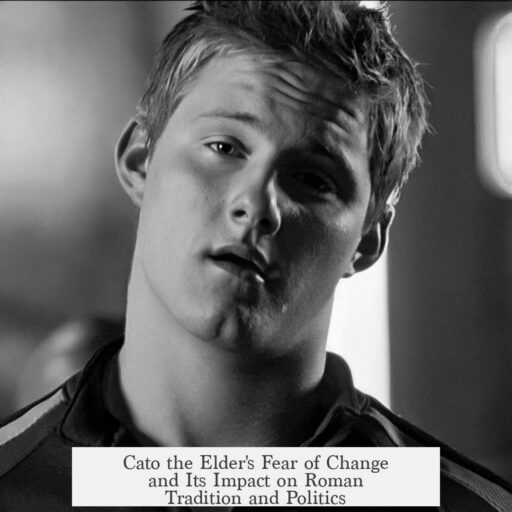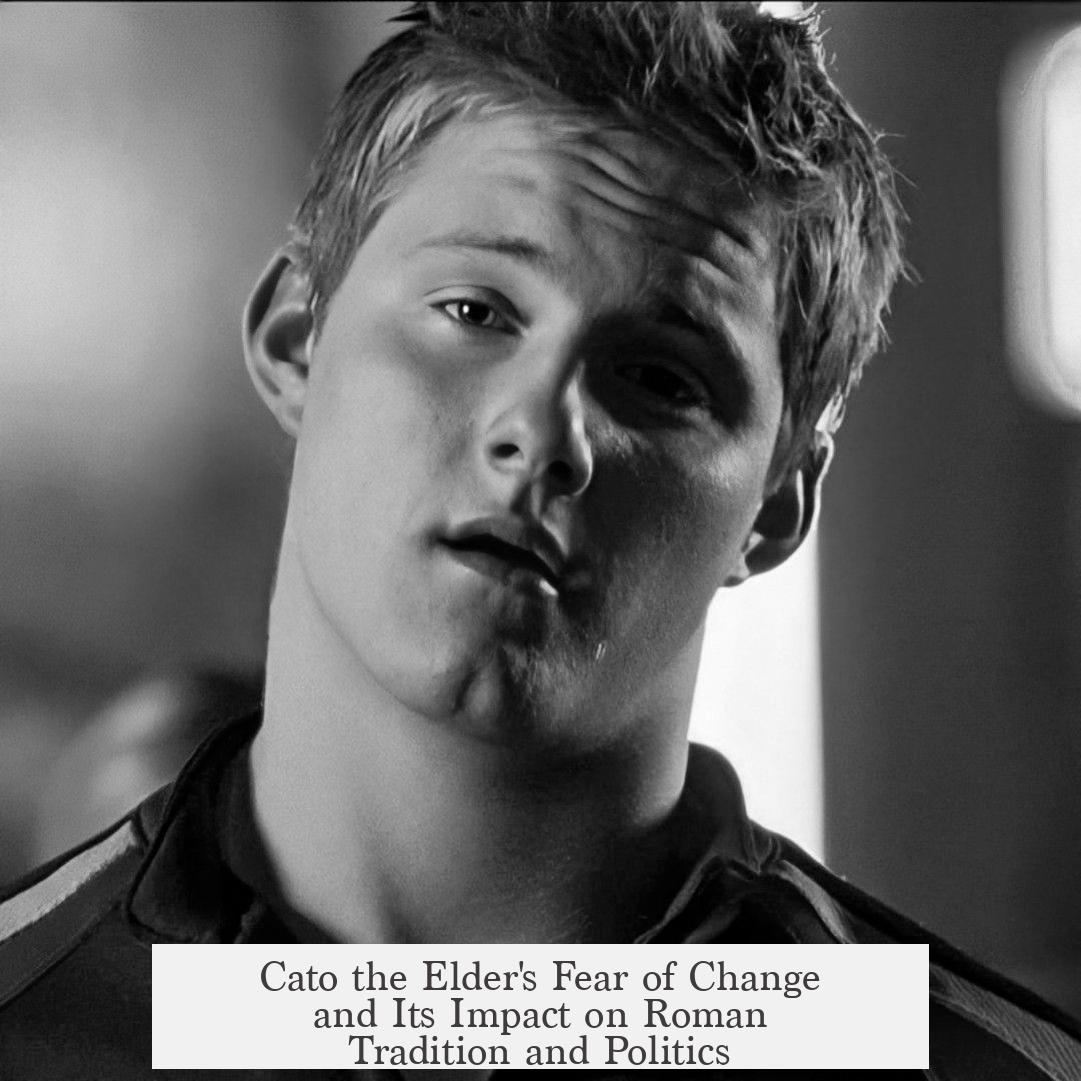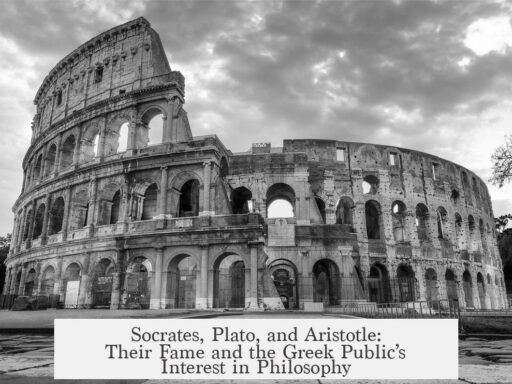Cato the Elder’s problem was his staunch conservatism that fueled intense fear and hatred toward foreign influences, especially Greece and Carthage. This drove his persistent push for the complete destruction of Carthage, fearing its potential to rise and threaten Rome’s empire.
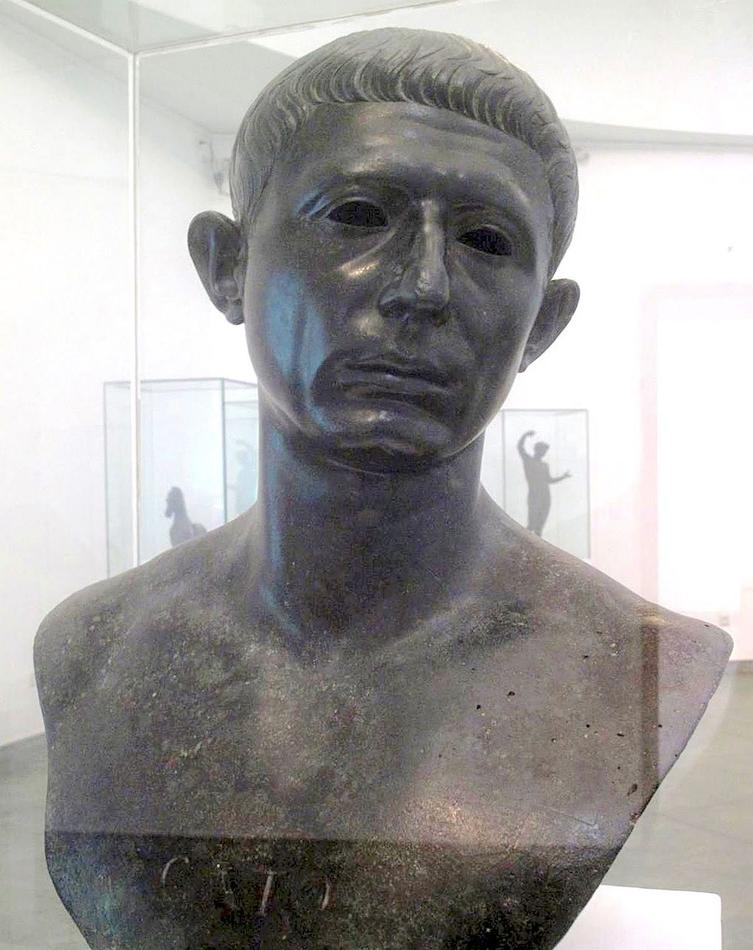
Cato the Elder was a firm conservative who upheld traditional Roman ideals. He opposed changes that deviated from what he believed were the true values of Roman society. Holding every major office from quaestor to consul, he enforced his conservative views through his political roles.
His hatred for Greece and Carthage was rooted in these conservative attitudes. Cato believed Greek culture could morally weaken Rome. He once claimed that if Romans adopted Greek literature, Rome would lose its empire. Similarly, his hatred of Carthage stemmed from fear that it could become a rival power once more.

Cato perceived Carthage as a threat not just economically but militarily. Though Carthage had primarily economic strength after the Second Punic War, it maintained significant commercial power and a strong military harbor, signaling it was not fully subdued. Carthage’s proximity to Rome made its threat feel immediate and real to Cato. A famous example occurs when he displayed a freshly picked Libyan fig in the senate, emphasizing how close Carthage was.
This fear propelled Cato’s fervent advocacy for Carthage’s complete destruction. He wasn’t content with Carthage remaining a commercial power that could rebuild military strength. He wanted to eliminate any possibility of its resurrection as a dangerous rival. His relentless stance contributed directly to the outbreak of the Third Punic War.

Additionally, Carthage proved militarily resilient in the conflict. Rome needed three generals before Scipio Aemilianus, a highly skilled leader, finally made significant progress. This underscored that Cato’s fears were not unfounded; Carthage remained a serious opponent.
- Cato’s problem was his unyielding conservatism and fear of foreign influence.
- He condemned Greek culture as a threat to Roman identity.
- He feared Carthage’s revival as a rival power and pushed for its total destruction.
- Carthage’s economic strength and military persistence validated his concerns.
What Was Cato the Elder’s Problem? A Deep Dive into His Fierce Conservatism and Fear
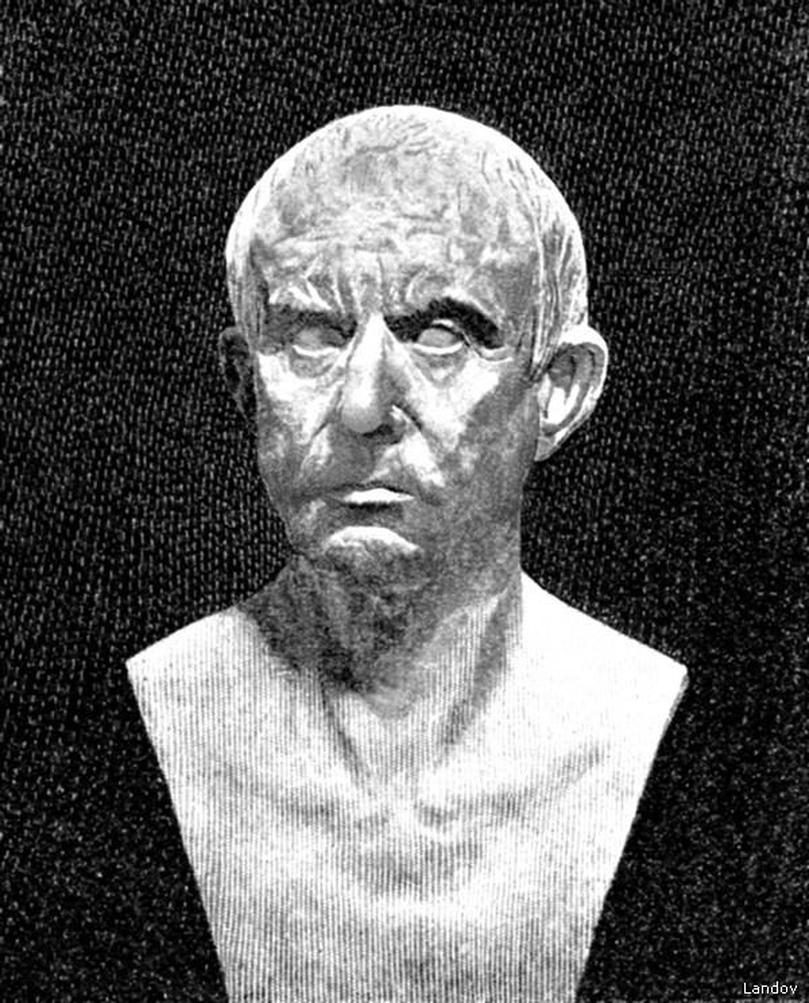
Cato the Elder’s problem boils down to one core issue: his relentless conservatism and paralyzing fear of foreign influence that threatened Rome’s ancient glory. Nothing symbolizes this mindset better than his fiery hatred of both Greece and Carthage.
But why was he so against change? And how did this fear shape his politics and Rome’s future? Let’s unravel the story.

The Old Guard of Rome: Cato’s Love for Tradition
Picture this: a man who believes the Romans have lost their way. Cato the Elder stands firm, embodying old-school Roman virtues.

He’s staunchly conservative, opposing any deviation from what it meant to be a “proper Roman.” Think of him as the ultimate culture warrior of his time, passionate about tradition and discipline.
His resume is impressive: he held every Roman political office, from quaestor to consul, proving he was no outsider but a powerful insider leading by example.
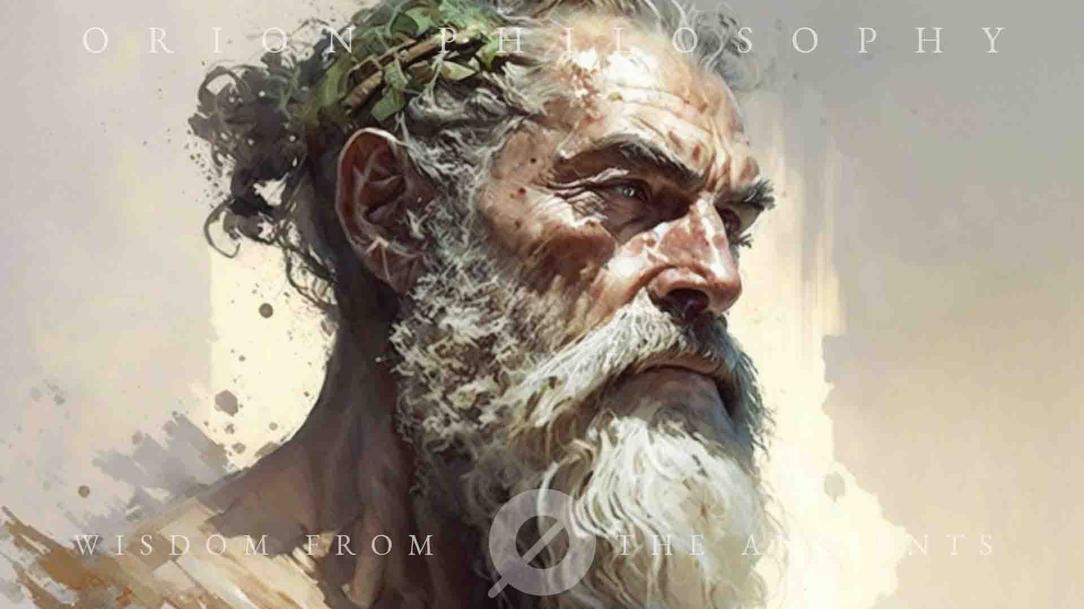
His fight isn’t just political; it’s a cultural battle to preserve Rome’s identity in the face of growing foreign influences.
The Greek and Carthaginian Problems: A Tale of Distrust
Cato’s problem wasn’t just change but specific foreign cultures: he deeply despised Greece and Carthage.
He famously warned, “if ever the Romans became infected with the literature of Greece they would lose their empire.” This wasn’t just snobbery but a profound fear that Greek culture—its philosophy, art, and politics—would weaken Roman martial virtues.
Bradley, a historian, suggests that Cato’s hatred of Greece and Carthage stems from his conservative mindset. Both cultures represented foreign threats to the Roman way of life he cherished.
Carthage, in particular, was a looming rival. Cato feared that Carthage’s commercial success might resurrect its military might and challenge Rome’s supremacy.
He wasn’t paranoid; Carthage was indeed powerful economically and persuasive enough to pay its war indemnity with ease. Yet underneath, Carthage maintained its military harbor and defenses, showing signs it was not fully pacified.
Cato’s Ruthless Campaign Against Carthage
Now we hit the heart of the matter: Cato pushed relentlessly for Carthage’s complete destruction.
Why? Because he wasn’t content with Carthage merely being an economic power. He feared its resurrection as a military force that could topple Rome.
His famous senate moment underscores this fear. Holding a fresh Libyan fig in the Roman Senate, he exclaimed it had been plucked just three days earlier from nearby North Africa—proof that Carthage was dangerously close to Rome.
This visceral demonstration reinforced his demand: Carthage must be annihilated before it endangers Rome again.
The Reality of Carthage’s Power and Cato’s Lasting Impact
Historians note that Carthage was no pushover. The Third Punic War saw Rome cycling through three generals before Scipio Aemilianus finally gained the upper hand.
Despite their setbacks, Carthaginians fought fiercely, proving their resilience and validating Cato’s fears from a military perspective.
But was Cato’s obsession entirely rational? Carthage post-Second Punic War did focus heavily on commerce, which some might see as less of a direct threat than a cultural or economic competitor.
Yet, Cato’s problem was less about tangible military threats and more about what Carthage and Greece represented: potential seeds for Rome’s moral and political decay.
Lessons From Cato: Fear of Change Can Shape History
Cato the Elder penned a complex legacy, one shaped by his refusal to compromise with changing times.
His core problem was a deep-rooted fear that Rome, if softened by foreign influence, especially the cultural allure of Greece and the commercial might of Carthage, would lose its strength and identity.
This fear drove him to aggressive political measures, including fueling the Third Punic War, which ended in Carthage’s destruction.
He teaches us a lesson about how conservative fear can pivot history. The Roman Empire’s policies toward rivals and foreign culture during his time were deeply influenced by his worldview.
In modern terms, Cato is the person shouting from the rooftop, warning about losing “our way” to foreign ideas and powers. Sometimes he’s right, sometimes he’s just difficult to work with. But you can’t ignore his impact.
Final Thought: Can Fear Prevent Change or Just Delay the Inevitable?
It’s worth asking: Did Cato’s fear preserve Rome or make it more brittle?
Was his fight to keep Roman culture pure a courageous defense or an inflexible barrier to progress?
History shows us that cultures evolve, sometimes by embracing the very influences Cato loathed. Yet his vigilance arguably kept Rome attentive to external threats.
So, what was Cato the Elder’s problem? It was a fierce conservatism fueled by fear—fear of losing identity, power, and control—leading to a legacy as both a staunch defender of tradition and a relentless political force against Rome’s rivals.
